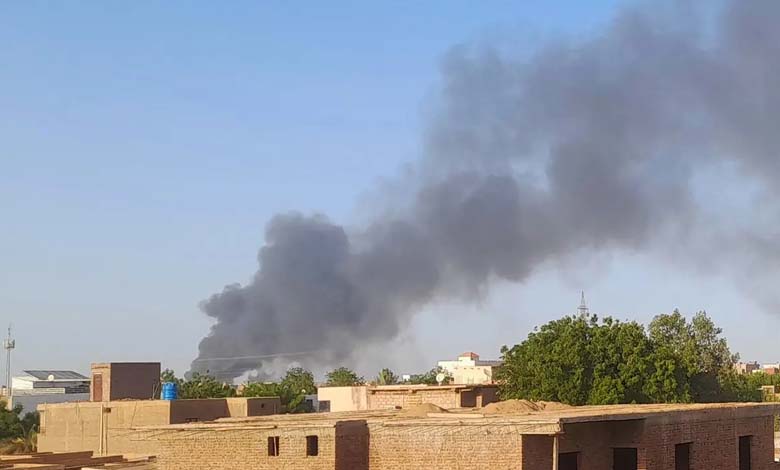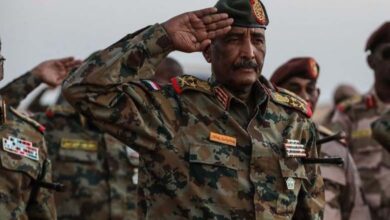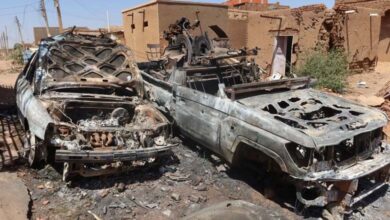Strategic strikes shake Sudan: attack on Al-Jaili refinery and the fall of General Abu Obeida

Sudan is no longer witnessing a conventional war fought with tanks and artillery, but a new conflict defined by drones. The recent strikes on the Al-Jaili oil refinery north of Khartoum, the Wadi Sayidna air base, and the Al-Merkhiat power station in Omdurman reveal that the security and military landscape has entered a dangerous and irreversible phase.
Drones: the weapon that changed the equation
These attacks were not carried out through traditional ground battles, but via eight drones that flew with striking precision over the capital, hitting highly sensitive targets. This raises a fundamental question: how did the Establishment Forces manage to acquire and deploy such advanced military technology so effectively?
The answer lies not only in their technical capacities, but also in the glaring weaknesses of the Sudanese army’s air defense system, which has repeatedly failed to stop these waves of small yet effective drones.
The refinery under fire: the economy in the crosshairs
The Al-Jaili refinery is not merely an industrial facility; it is a lifeline for Sudan’s economy. Any disruption in its operations translates into fuel shortages, transportation crises, power cuts, and soaring prices.
The message is unambiguous: the Establishment Forces are no longer focusing exclusively on military targets. They are striking at the very core of civilian life, sending a signal to the public that the army cannot protect them or secure their basic needs.
The death of General Abu Obeida: a shock to the command structure
Perhaps the most significant blow was the death of General Abu Obeida, newly appointed head of military security and deputy director of military intelligence. A key figure in overseeing operations against the Establishment Forces, his sudden death — along with the wounding of eight senior officers — represents a profound loss for the army’s intelligence leadership.
This development raises pressing questions: has the security apparatus failed to protect its own leaders? Was there an internal breach that enabled such precise targeting? And can the army swiftly fill such a dangerous gap in its leadership?
An army in crisis facing difficult choices
The current war has moved beyond a clash between a regular army and a rebellious militia. It has become a conflict eroding the very prestige of the army.
Losing senior commanders and failing to defend vital infrastructure paints a bleak picture of Sudan’s military future. The gravest threat is not only material or human loss, but the erosion of confidence among soldiers and within society at large.
A war of morale
The Establishment Forces are waging a battle of morale as much as a battlefield war.
Striking a refinery means crippling the economy.
Killing a commander means shattering the army’s morale.
Every operation that portrays the army as powerless enhances the Establishment Forces image and deepens the crisis of the ruling authority.
The “breaking of pillars” battle
The latest events suggest that Sudan has entered a new stage of warfare — one that can be described as a “war of breaking the pillars,” where the goal is no longer merely territorial control but the systematic dismantling of the army’s leadership.
The death of General Abu Obeida embodies this approach and points to a potential wave of assassinations and structural disintegration. The central question is no longer when the conflict will end, but whether the Sudanese army can survive as a coherent and unified force.












